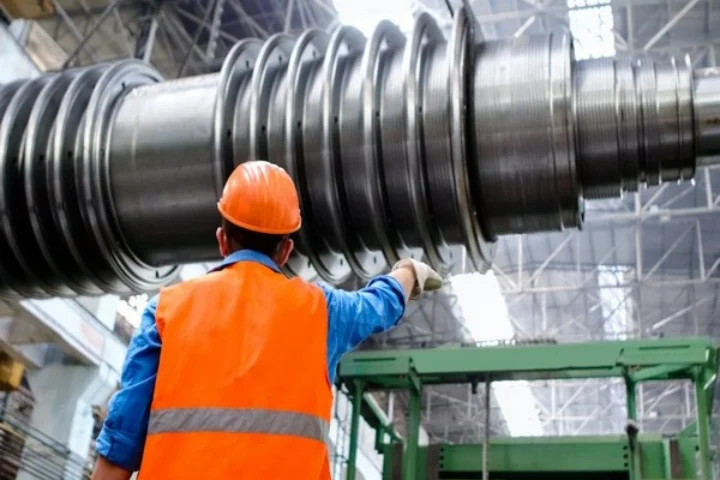

Representative Image (Pexels.com)
India’s manufacturing sector started April month on a strong note, showing the second-fastest pace of improvement in India’s manufacturing in three-and-a-half years.
According to the latest HSBC PMI (Purchasing Manager’s Index) data, the rise in demand from the market has fuelled this growth, with firms experiencing a sharp increase in new business intakes and scaling up production.
However, in comparison to the previous month, the HSBC India Manufacturing Purchasing Managers’ Index (PMI) data registered a dip in the April month but it remained above the neutral mark of 50.0, indicating good health of the sector.
The index highlights that the significant expansion of input stocks have reached levels not seen in over 19 years of data collection. The surge in stockpiling was supported by positive expectations from the manufacturers of continued growth in demand.
“April’s manufacturing PMI recorded the second fastest improvement in operating conditions in three-an-a-half years, bolstered by strong demand conditions which resulted in a further expansion of output, albeit slightly slower than in March,” said Pranjul Bhandari, Chief India Economist at HSBC.
As per April’s data, to meet the rising demand, manufacturers have hired additional staff, which is marking the quickest pace of job creation since September 2023. However, pressure on operating capacities remained mild, with a slight increase in outstanding business volumes.
It further highlights that while the new export orders also increased, the domestic market remained the driver of growth. The domestic and external clients contributed to the high demand for Indian goods, with total new orders rising sharply.
The strong output growth is generated by the sustained improvements in demand and favourable economic conditions which remained strong despite easing slightly since March.
Indian manufacturers are optimistic about higher output levels in the coming year, supported by strong business confidence and expectations of high demand. Additionally, advertising and brand recognition efforts are seen as opportunities to further enhance growth prospects.
Despite an uptick in cost pressures, inflation rates remained below long-run averages, with items like aluminium, paper, plastics, and steel witnessing price hikes. In response, Indian manufacturers raised their selling prices, contributing to a three-month high in charge inflation.
“On the price front, higher costs of raw materials and labour led to a modest uptick in input costs, but inflation remains below the historical average,” said Pranjul.
Overall, the data reflects a positive outlook for the Indian manufacturing sector, driven by robust demand dynamics, strong output growth, and optimistic business sentiment.
Hailing the centre's fight against naxalism and red terror, Prime Minister Narendra Modi said that…
Defence Minister Rajnath Singh aboard India's first indigenously built aircraft carrier, INS Vikrant, on Friday…
In a coordinated operation, the North West District of Delhi Police apprehended 38 Bangladeshi nationals…
A recent report by the Tibet Action Institute has unveiled troubling evidence of mistreatment, forced…
Heavy rain lashed many districts of Kerala on Friday, disrupting normal life and causing waterlogging.…
Foreign Secretary Vikram Misri met US Under Secretary of Defence Elbridge Colby along with Indian…